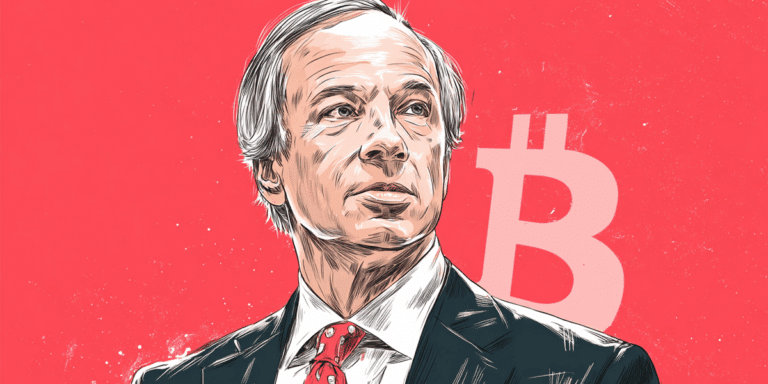Paraguayan President’s X Account Compromised in Bitcoin Scam Hoax
Peña Hack Highlights Surge in Cyberattacks on World Leaders Amid Latin America’s Growing Crypto Frenzy.
Key takeaways:
- Peña’s hack reveals an increase in cyberattacks targeting world leaders.
- Scammers hijack influential accounts to capitalize on Bitcoin surges.
- Paraguay’s fake post mirrors Latin America’s crypto momentum.
On June 9, a fraudulent post from Paraguayan President Santiago Peña’s personal X account falsely declared that the country had “approved Bitcoin as legal tender.”
The message, written in English but accompanied by a Spanish-language graphic, also claimed Paraguay would establish a $5 million BTC reserve and issue special bonds for “crypto-enabled citizens,” even including a Bitcoin wallet address for purchases.
What Is Paraguay’s True Bitcoin Trajectory?
The presidency quickly disavowed the announcement, confirming the account had been compromised. Authorities collaborated with X’s security team and Paraguay’s Cyber Incident Response Team to secure the account and remove the post.
Peña later thanked responders for their swift action, acknowledging the breach as part of a troubling trend—the communications ministry reported at least 18 recent hacks targeting public institutions.
The scam’s timing and execution raised immediate suspicions.
While Bitcoin advocates initially celebrated, recalling El Salvador’s 2021 adoption of the cryptocurrency, the excitement dissolved once officials clarified the hack.
Still, the incident coincided with broader regional debates; several Latin American governments, including Panama, have recently explored granting Bitcoin special legal status or holding reserves.
This episode highlights the risks of high-profile account takeovers, particularly during crypto market surges, when fraudsters capitalize on hype to siphon funds.
Related story: ‘Bitcoin Family’ Tightens Security in Response to Surge in Crypto-Related Crime
It also highlights how leaders can unintentionally amplify scams—just months earlier, Argentine President Javier Milei faced embarrassment after Libra, a token he endorsed, collapsed shortly after launch.
For now, Paraguay’s true stance on Bitcoin remains unchanged, but the security breach has intensified calls for stronger cybersecurity measures.
Bitcoin or Bust: Can Latin America Balance Innovation and Regulation?
Latin American policymakers are understandably cautious about regulating digital assets as the region’s cryptocurrency economy continues to expand.
Between mid-2023 and mid-2024, the region attracted nearly $415 billion in digital asset inflows, according to Chainalysis data.
While Brazil dominates in terms of trading volume and regulatory progress, El Salvador remains the boldest experiment, setting a benchmark for sovereign cryptocurrency strategies.
El Salvador adopted Bitcoin as legal tender in 2021 and continues to refine its framework.
In January, President Nayib Bukele steered a bill through the legislature that softened mandatory payment rules and ended tax settlement in Bitcoin, moves demanded by an IMF deal tied to a $1.4 billion loan.
Lawmakers passed it 55-2 in two days, showcasing how quickly the country can recalibrate without abandoning its vision.
Yet despite these concessions, the government has doubled down on accumulation, amassing 6,202 BTC (worth approximately $678 million) at a 127% unrealized gain.
Officials vow to intensify purchases in 2025, signaling an unwavering commitment to Bitcoin as a reserve asset.
Meanwhile, Brazil is building regulatory and institutional infrastructure, positioning itself as the region’s most structured crypto market.
Together, these two nations exemplify Latin America’s divergent paths toward mainstream adoption of cryptocurrency.
One continues to test its monetary sovereignty, while the other fosters regulated growth. The challenge for Latin America lies in balancing its interest in innovation with stability, ensuring that ambitions don't outpace global safeguards.



